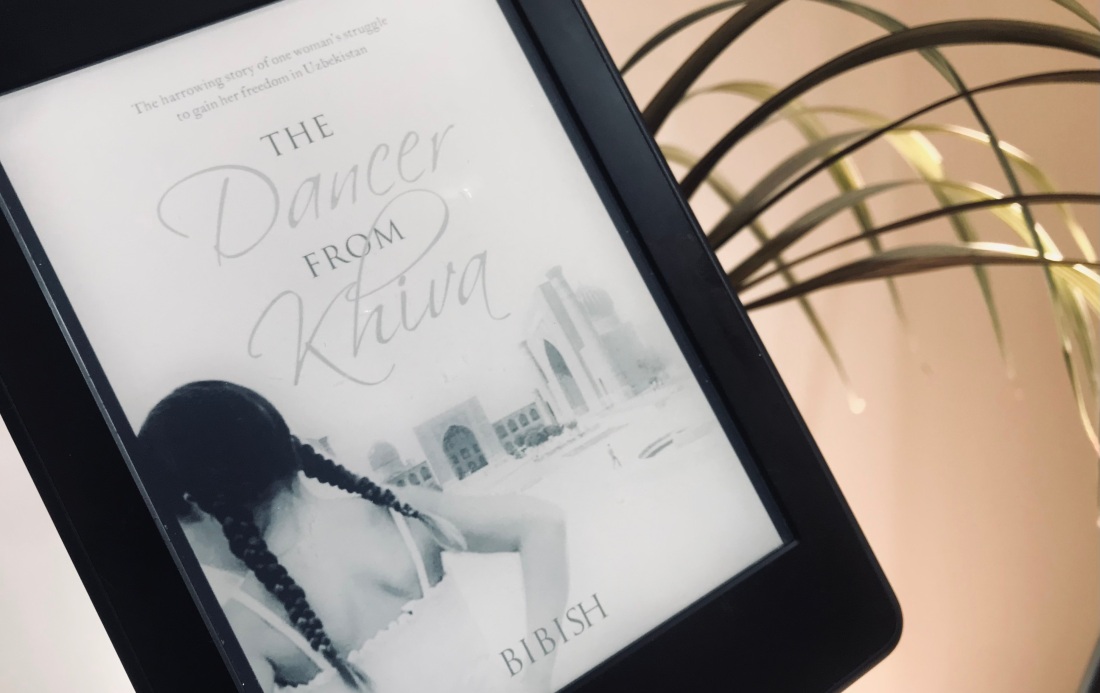a nutshell: these are stories from the extraordinary life of Lesotho elder and matriarch Nthunya, stretching from her birth in 1930 to the conversations that formed this book in the late 1990s
a line: “Maybe if there is one day enough for the hunger to stop, we can stop being so jealous of one another. If the jealousy is no more, we can begin to have dreams for one another. We can build something new”
an image: I liked how chapter 11 took its title from a motto in Lesotho – khotso, pula, nala, that is, peace, rain, prosperity
a thought: as so often throughout this project, I had reason to feel ashamed of my heritage – before independence, every man (no matter how poor) had to pay tax to the British or he was imprisoned; Nthunya’s family was so pleased when they no longer had to pay that they named a child born in the year of independence ‘Muso’, meaning Government
a fact: through her job as a domestic worker Nthunya became friends with American writer Kendall while she was studying on a Fulbright scholarship, and it was Kendall’s idea to document Nthunya’s life – this autobiography is a collaboration between the pair
want to read Singing Away the Hunger? visit here







